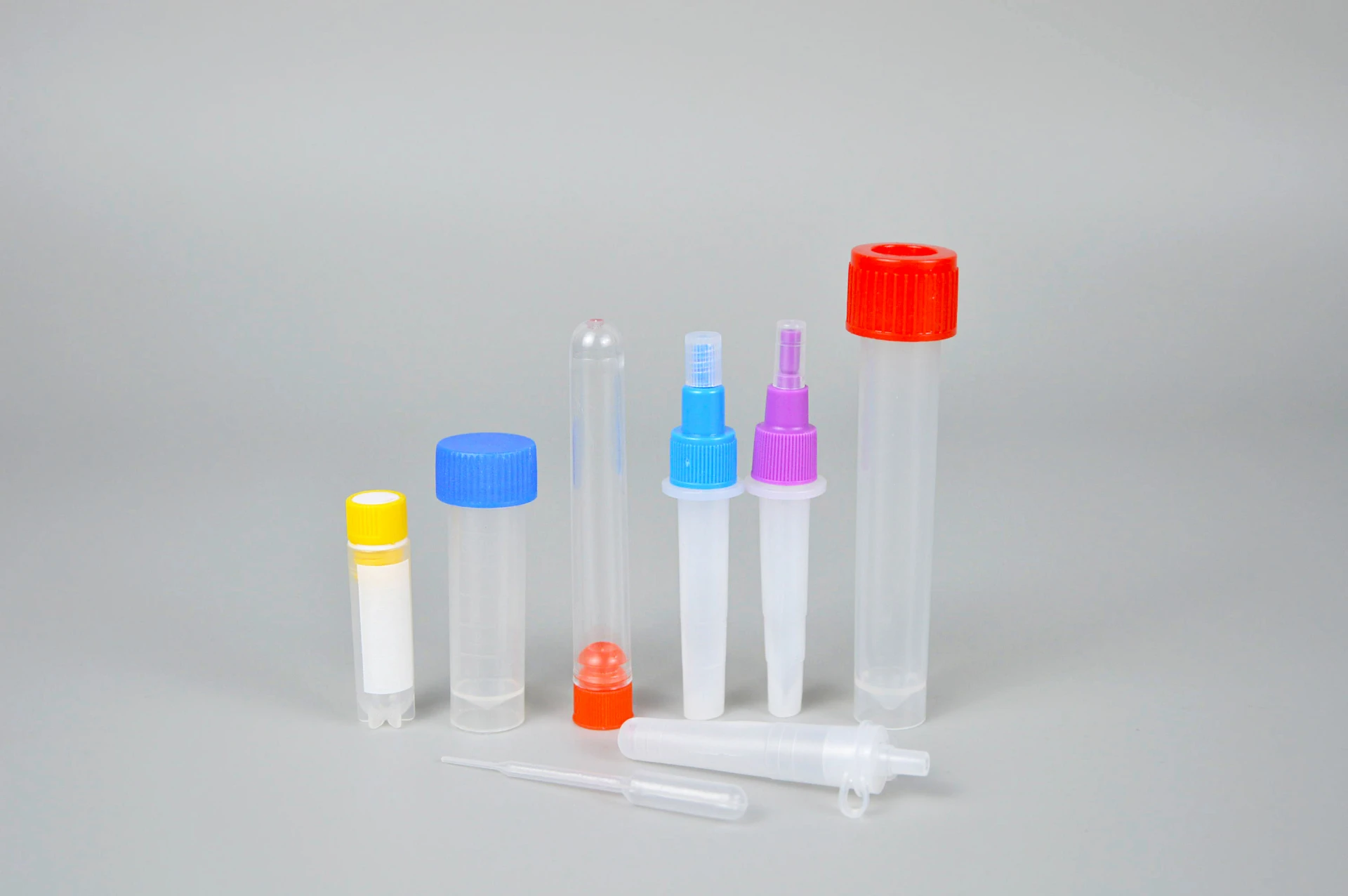
-
 Afrikaans
Afrikaans -
 Albanian
Albanian -
 Amharic
Amharic -
 Arabic
Arabic -
 Armenian
Armenian -
 Azerbaijani
Azerbaijani -
 Basque
Basque -
 Belarusian
Belarusian -
 Bengali
Bengali -
 Bosnian
Bosnian -
 Bulgarian
Bulgarian -
 Catalan
Catalan -
 Cebuano
Cebuano -
 Corsican
Corsican -
 Croatian
Croatian -
 Czech
Czech -
 Danish
Danish -
 Dutch
Dutch -
 English
English -
 Esperanto
Esperanto -
 Estonian
Estonian -
 Finnish
Finnish -
 French
French -
 Frisian
Frisian -
 Galician
Galician -
 Georgian
Georgian -
 German
German -
 Greek
Greek -
 Gujarati
Gujarati -
 Haitian Creole
Haitian Creole -
 hausa
hausa -
 hawaiian
hawaiian -
 Hebrew
Hebrew -
 Hindi
Hindi -
 Miao
Miao -
 Hungarian
Hungarian -
 Icelandic
Icelandic -
 igbo
igbo -
 Indonesian
Indonesian -
 irish
irish -
 Italian
Italian -
 Japanese
Japanese -
 Javanese
Javanese -
 Kannada
Kannada -
 kazakh
kazakh -
 Khmer
Khmer -
 Rwandese
Rwandese -
 Korean
Korean -
 Kurdish
Kurdish -
 Kyrgyz
Kyrgyz -
 Lao
Lao -
 Latin
Latin -
 Latvian
Latvian -
 Lithuanian
Lithuanian -
 Luxembourgish
Luxembourgish -
 Macedonian
Macedonian -
 Malgashi
Malgashi -
 Malay
Malay -
 Malayalam
Malayalam -
 Maltese
Maltese -
 Maori
Maori -
 Marathi
Marathi -
 Mongolian
Mongolian -
 Myanmar
Myanmar -
 Nepali
Nepali -
 Norwegian
Norwegian -
 Norwegian
Norwegian -
 Occitan
Occitan -
 Pashto
Pashto -
 Persian
Persian -
 Polish
Polish -
 Portuguese
Portuguese -
 Punjabi
Punjabi -
 Romanian
Romanian -
 Russian
Russian -
 Samoan
Samoan -
 Scottish Gaelic
Scottish Gaelic -
 Serbian
Serbian -
 Sesotho
Sesotho -
 Shona
Shona -
 Sindhi
Sindhi -
 Sinhala
Sinhala -
 Slovak
Slovak -
 Slovenian
Slovenian -
 Somali
Somali -
 Spanish
Spanish -
 Sundanese
Sundanese -
 Swahili
Swahili -
 Swedish
Swedish -
 Tagalog
Tagalog -
 Tajik
Tajik -
 Tamil
Tamil -
 Tatar
Tatar -
 Telugu
Telugu -
 Thai
Thai -
 Turkish
Turkish -
 Turkmen
Turkmen -
 Ukrainian
Ukrainian -
 Urdu
Urdu -
 Uighur
Uighur -
 Uzbek
Uzbek -
 Vietnamese
Vietnamese -
 Welsh
Welsh -
 Bantu
Bantu -
 Yiddish
Yiddish -
 Yoruba
Yoruba -
 Zulu
Zulu
laboratory consumables list
Understanding the Importance of Laboratory Consumables
In the realm of scientific research and laboratory work, the term laboratory consumables refers to a wide range of items that are essential for conducting experiments, tests, and analyses. Unlike the durable or more expensive equipment that can be used for many years, consumables are items that are typically used once or for a limited number of times and must be regularly replaced. These items play a crucial role in ensuring the smooth and efficient operation of laboratory activities.
Types of Laboratory Consumables
Laboratory consumables come in various forms, tailored to meet the diverse needs of different scientific disciplines. Common types include glassware, plastics, filter papers, pipette tips, reagents, and many more. Glassware, such as beakers, flasks, and test tubes, is fundamental for measuring and mixing liquids. These items must be of high quality to prevent contamination and ensure precise measurements.
On the other hand, plastic consumables like Petri dishes, microcentrifuge tubes, and disposable gloves are equally significant. They contribute to maintaining sterile conditions, a critical factor in many biological and chemical experiments. The use of disposables minimizes the risk of cross-contamination between samples, thereby increasing the accuracy of results.
Furthermore, reagents—substances used to cause chemical reactions—are a vital part of laboratory consumables. They can range from simple salts and acids to complex organic compounds. The proper selection and use of reagents are essential for successful experimental outcomes.
The Cost of Laboratory Consumables
laboratory consumables list

While laboratory consumables are relatively inexpensive on an individual basis, the cumulative cost can be significant over time, especially in high-throughput laboratories. Managing the inventory of consumables is crucial, as it impacts both the budget and the overall efficiency of lab operations. Laboratories must continually assess their use of consumables to minimize waste and control expenses effectively.
Many laboratories are now adopting strategies to reduce costs, such as bulk purchasing agreements with suppliers or opting for generic brands that meet the required standards for quality and safety. These strategies help to control overhead costs while maintaining the necessary resources for research and experimentation.
Sustainability in Laboratory Practices
In recent years, there has been a growing awareness around sustainability and environmental impact within laboratory settings. The widespread use of single-use plastics has prompted many institutions to seek eco-friendly alternatives. Biodegradable consumables and reusable glassware have gained popularity as labs aim to reduce their ecological footprint.
In addition, recycling programs for certain types of consumables, like plastics and glass, are being implemented in various laboratories. These initiatives not only contribute to environmental sustainability but often result in cost savings for the institution in the long run.
Conclusion
Laboratory consumables are indispensable for the advancement of scientific knowledge and the efficient functioning of research environments. Understanding the different types and roles of these consumables enables laboratory personnel to select the appropriate items for their specific needs while being mindful of conditions such as cost and sustainability. As the scientific community continues to innovate, it is crucial that the approach to laboratory consumables evolves as well, embracing economic and ecological considerations. In doing so, laboratories can enhance their contributions to science while promoting responsible stewardship of resources.
-
Premium 200ml Medicine Bottles – Leakproof Dropper & Spray Options at Best PriceNewsJul.05,2025
-
PTFE Centrifuge Tubes - Chemical Resistant, Leak-proof, Ideal for Laboratory UseNewsJul.05,2025
-
Premium Metal Dropper Bottle for Precise Dispensing 250ml & 1ml Options AvailableNewsJul.04,2025
-
20 ml Headspace Vials - High Quality Polyethylene & Plastic Vials for Lab UseNewsJul.04,2025
-
Small Bottle with Pipette - Precise Dispensing 100ml Pipette Bottles for Essential Oils & Lab UseNewsJun.24,2025
-
Acetic Anhydride Bottle for Accurate Dropper Measurement in Pharmacy Use High-Quality Dropper BottlesNewsJun.10,2025






















